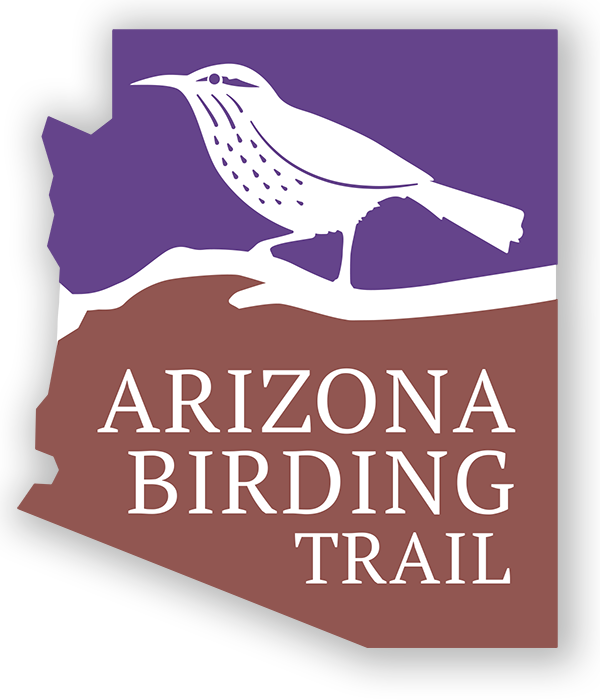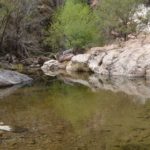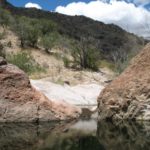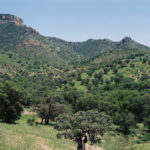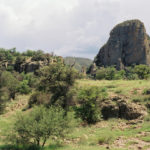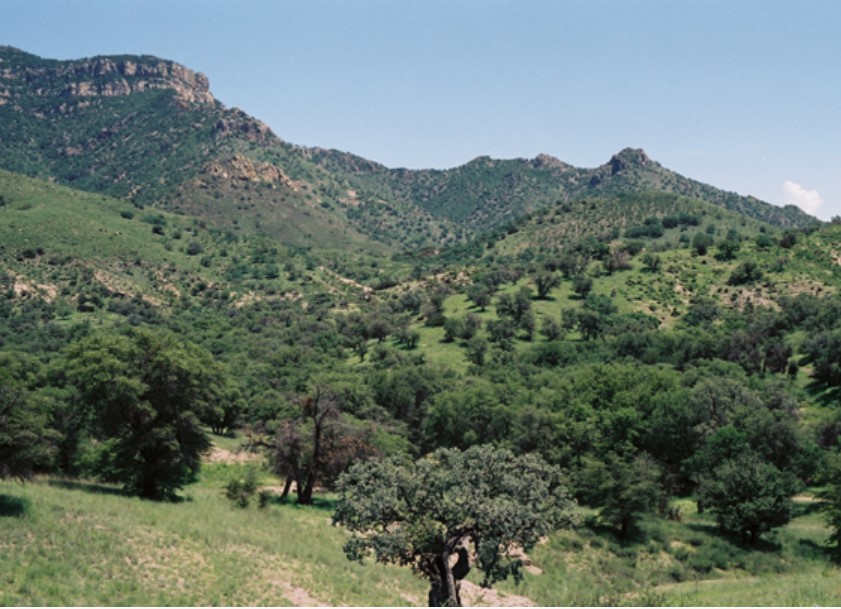
Sycamore Canyon
One of Audubon’s Important Bird Areas, Sycamore Canyon is another must-see for birders in southern Arizona. (Not to be confused with other popular “Sycamore Canyon” sites located around Arizona.) Located in the Parajito Mountains Wilderness, the canyon is a remote and sometimes rugged site and perhaps should be reserved for the more adventurous birders. That said, a visit to Sycamore Canyon can reward with some very unique species, including rose-colored becard, hepatic tanager, and painted redstart. The canyon is home to one of the only perennial streams in southern Arizona so it’s a big draw for all kinds of wildlife. During spring months the canyon can be filled with calling owls, like whiskered screech owl and elf owl. There are no amenities at the site but campgrounds and other resources are available at nearby Coronado National Forest sites.
Site Information
Region: Tucson and Southern
County: Santa Cruz
Directions: From Tucson, head south on I-19 to Ruby Road (exit 12). Head west on Ruby Road (AZ 289). Go about 10 mile to a T-intersection. Turn south towards the campground and Ruby Road becomes Forest Route 39. Go about 9.5 mile to FR 4181 and you'll see signs for Sycamore Canyon.
Latitude: 31.43206
Longitude: -111.188236
Operational Hours: Open all year, 24 hours a day
Admission or Fees: None
Best time to visit: Spring, Fall
Habitats: Grassland, Stream or river
Know Before You Go
This is a remote area with some rugged terrain. Illegal border activity can also occur here.
Safety First! Arizona has many beautiful places to explore and we’d like to help you make it a safe and enjoyable experience. Check out our recommendations for hiking precautions.
Species Highlights
Rare: Rose-throated Becard
Speciality: Arizona Woodpecker, Mexican Jay, Montezuma’s Quail, Painted Redstart, Yellow-billed Cuckoo
Contact Information
Coronado National Forest
Nogales Ranger District
Phone: 520-281-2296
Website: https://www.fs.usda.gov/recarea/coronado/recarea/?recid=25774
Additional Resources
Learn more about birds reported at this location at eBird:
https://ebird.org/hotspot/L129105
Additional Resources:
Audubon Important Bird Areas
